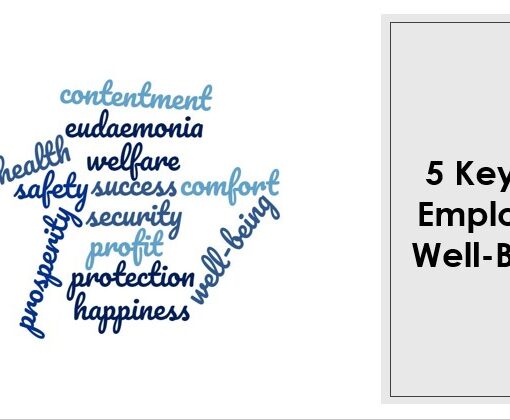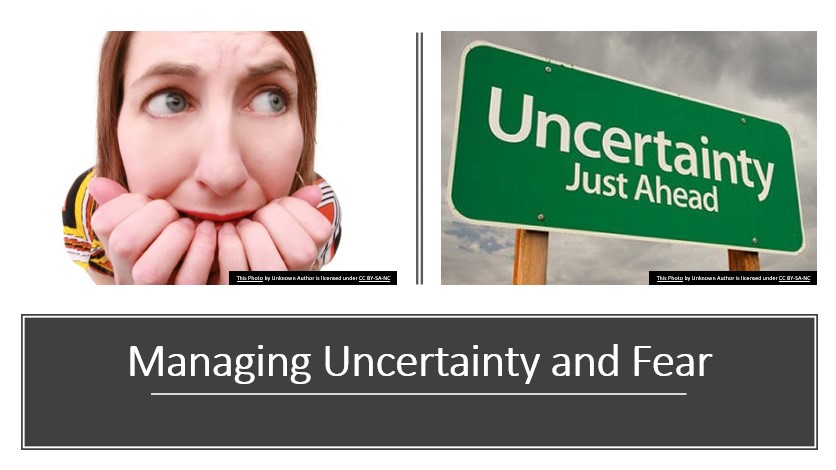“It’s the economy stupid!” was a phrase made wildly famous by James Carville during Bill Clinton’s campaign for the presidency in 1992. Never at a loss for words, Carville had a few things to say about the communication of Clinton’s campaign platform beyond just that statement. But, let’s stay focused. As a matter of fact, that was precisely Carville’s point.
“When you say three things, you say nothing”, was another gem of Carville’s and I think this is an overstatement of the point to emphasize the importance of focusing on a single, clear message. There is a big lesson here for FP&A practitioners worth their salt. How many times have you been involved in preparing or updating a dashboard of “KPIs”.
Jack Canfield, in “The Power of Focus” says that the number one reason people don’t get what they want is lack of focus. The same goes for organizations. If you are constantly trying to focus on a dozen things common sense tells you that you can’t focus completely on any of them.
One company that embraced this thinking went from tracking over a dozen items every month in what they called their “KPI Dashboard”. Sound a bit buzzwordie? Does it also sound somewhat familiar? They cut the list to three simple metrics. Their new focus was on growth of total sales dollars, inventory turnover, and their quick ratio. That’s it. And guess what? It worked great for them. In the process of reviewing all of the metrics they had been tracking they realized that if they kept an eye on those three metrics, everything else they used to track would fall in to line. They didn’t just take for granted that this was the case. They looked back through some historical data and found that to be the case. So, what, they asked themselves are we gaining by tracking more metrics? The answer the found was nothing. So, wisely they stopped the insanity.
More than a few people in financial reporting, FP&A and other disciplines would love to embrace this idea, but they aren’t always the ones deciding what gets reported. I encourage you to gather some data for your argument if you feel that tracking fewer items would net the same results as our example company did. If your senior management sees a tangible benefit, like freeing up your time to do more value added activities, they will be much more likely to embrace the idea themselves.





